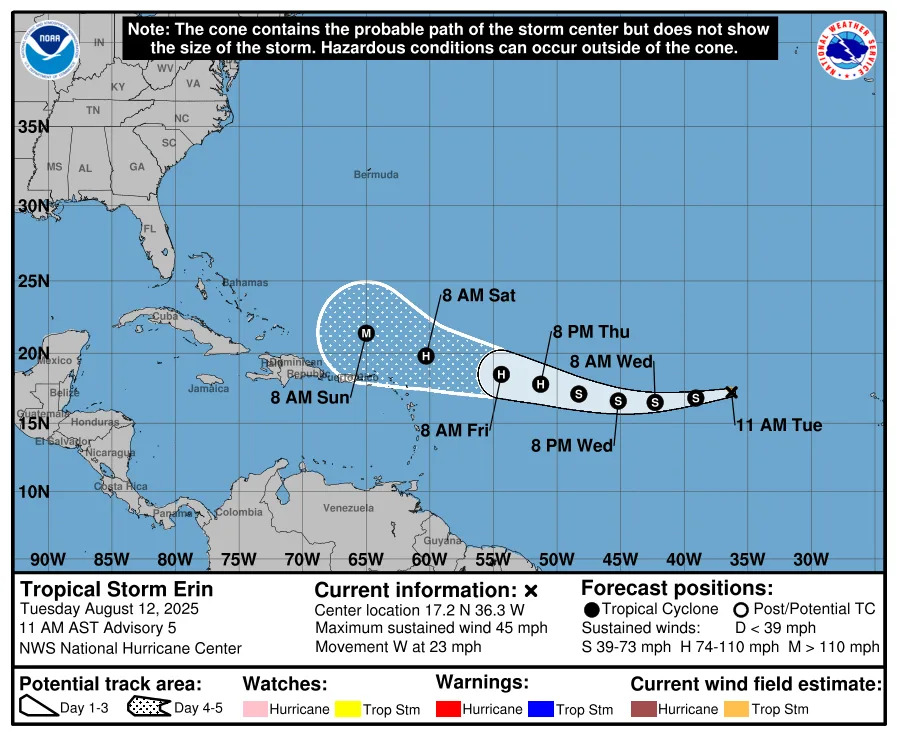
(The Center Square) – The Texas Supreme Court has set an expedited briefing schedule in a case filed by Gov. Greg Abbott to remove from office House Democratic Caucus Chair Rep. Gene Wu, D-Houston.
“Aligned parties are encouraged to consolidate their briefing to the extent practicable. The briefs should address all issues before the Court, including the import of the House of Representatives’ authority under TEX. CONST., art. III, §§ 8, 10, and 11. The petitions for writ of quo warranto remain under consideration by this Court,” the court’s instruction states.
The expedited briefing schedule allows the briefs to be filed up to midnight on the due date. The deadline for Abbott’s brief to be filed is Wednesday, August 20; Wu’s response is due Friday, August 29. Reply briefs are due Thursday, September 4.
On August 5, Abbott filed an emergency petition with the Texas Supreme Court to remove Wu from office. Wu led more than 50 House Democrats to abscond from their official duties in Austin, leave the state to deny the Texas House a quorum, and halt legislative business during a special session.
Abbott’s petition states that Wu’s “willful refusal to serve as a representative is abandonment of the office of representative.” He also argues the “principal duty of a legislator is to attend and participate in legislative sessions as required by Article III, Section 5 of the Texas Constitution. The quorum provisions further underscore that attendance is not optional; it is an affirmative constitutional obligation.”
“Representative Wu has openly renounced these constitutional mandates by fleeing the State of Texas to break quorum, obstruct legislative proceedings, and paralyze the Texas House of Representatives,” he argues, The Center Square reported.
Wu’s responded, arguing the Texas Supreme Court doesn’t have the authority to remove him from office. Only “two-thirds of the House of Representatives” has the authority to do that, he said, citing Article III, Section 11 of the Texas Constitution.
He also argues Abbott’s request is “unprecedented” and “Texas has a long history of quorumbreaking, which the Texas Constitution expressly contemplates and assigns to the legislative branch for enforcement. The petition, for the first time, asks the judiciary to remove an elected member of a co-equal branch.”
He also cites examples for why Abbott’s petition can be “denied on numerous grounds, both jurisdictional and procedural.”
Abbott also directed the Texas Rangers to investigate potential bribery charges of absconding House Democrats who have been fundraising to thwart official legislative business.
He also addresses the bribery charge in his petition requesting Wu be removed from office. It states, “Wu’s actions violate Article XVI, Section 41, which requires forfeiture of his office. … There is an especially good reason why bribery may form the basis for removal from office: Our Constitution seeks to root out bribery at practically every turn. The oath-of-office provisions, for example, obligate state officers to sign a statement swearing that they have not and will not exchange things of value ‘for the giving or withholding of a vote.’”
He asked the court to remove Wu from office to “ensure that public office remains a trust exercised in good faith, as opposed to a platform for private gain and governmental sabotage.”
In response, Wu argues Abbott’s petition makes “conclusory allegations and cites three news articles and two social media posts to support his bribery claim. … Even setting aside that these are allegations, not competent evidence, they fail to make out a case for bribery.”
“There are no facts to at all establish that Representative Wu engaged in a quid pro quo arrangement,” it continues. He also argues, “it is commonplace for elected officials to tie appeals for political contributions to specific policy actions they intend to or have taken.”
In Abbott’s response, he states, “Wu nowhere controverts the facts in the petition.”
“Wu insists he is carrying out his duties ‘as his judgment dictates.’ But with no regard for carrying out his duties in the way the Constitution requires. Our Constitution is structured to deliver a quorum, not to prevent one,” he continues.
“Wu’s determination that ‘special session is over’ grinds government to a halt, arrogating to himself the Governor’s prerogative to call a Special Session and the Speaker’s ability to gavel out, undermining the Legislature’s duty to meet and act on bills,” Abbott argues.
In response to Wu claiming the Texas Constitution enables quorum breaking, Abbott said it does so “in the same way that a highway ‘enables’ one to reach speeds of 120 mph in a 60mph zone. Exercising the ‘freedom’ to speed may result in law enforcement issuing a speeding ticket, hauling the driver into court, and ultimately — if infractions persist — taking away the driver’s license.”
More than a dozen amicus briefs have been filed in support of Abbott or Wu’s positions.
As of Tuesday, House Democrats have yet to return to Austin. Five more are needed to make quorum. Gov. Abbott is expected to call a second special session on Friday if the House does not meet quorum again.








Comments